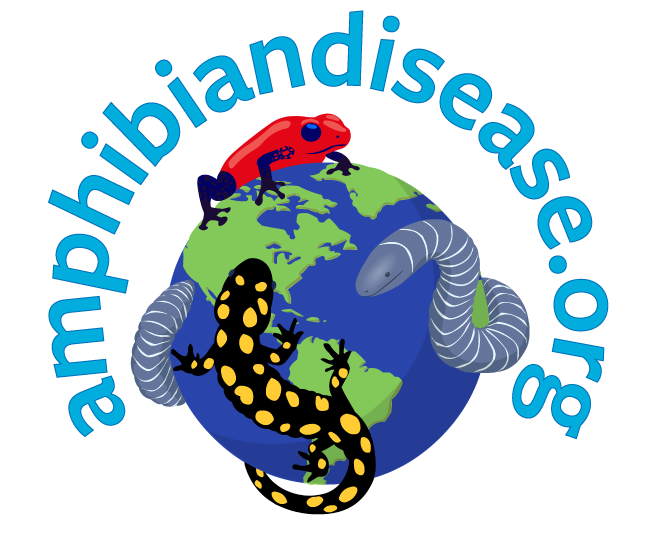Projects
The Type Locality Project: collecting genomic-quality, topotypic vouchers and training the next generation of specimen-based researchers
Recommended Citation:
No Citation Available.
Data Last Modified: Fri Jun 05 2020
Project Description
DNA evidence is often critical for taxonomic studies; however, many historical type materials lack corresponding genetic samples, which limits contemporary molecular research questions and may restrict conservation and management decisions. We conducted a pilot Type Locality Project to collect voucher specimens and genomic-grade samples from amphibian type localities in the state of Virginia, USA. These samples can serve as proxies for cases in which obtaining genomic data from the type specimen is not possible. Undergraduate students participated in all aspects of the project including fieldwork, DNA barcoding, and incorporating specimens into the Smithsonian Institution’s National Museum of Natural History research collection. When possible we incorporated community-level surveys and pathogen screening for the amphibian chytrid fungus (Batrachochytrium dendrobatidis) into our field protocols to provide students with experience in implementing these standard techniques. The Type Locality Project is an excellent platform for providing undergraduate students with hands-on research experiences and training in taxonomy and systematics. Other institutions could easily adapt our approach to obtain genomic-quality, topotypic vouchers for other taxa and simultaneously create authentic undergraduate research experiences in field, laboratory, and natural history museum settings.
Information
Project PI: None
Project Contact: None Listed
Dataset DOI: None Available
Publication DOI: None Available
Project Data - Public
Events: 12 || Samples Collected: 37
Click on each bar for more details. For larger datasets, chart scrolling is enabled.
